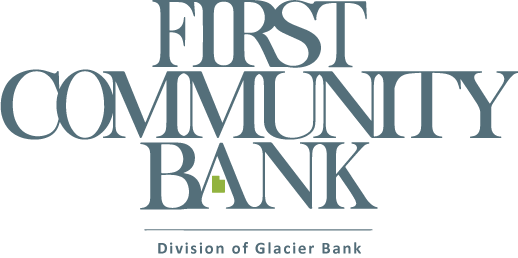The Seven Fundamental Questions in Business Banking
By Kent Vance| Published September 20, 2023
As a business owner, one should always consider the relative current position, standing, strengths, and direction of one’s business. Three fundamental questions will help a business owner ascertain these measures of standard. Should a business owner find that he/she needs traditional debt financing to assist in realizing the successful going concern of the business, four additional fundamental questions will cut to the chase and assist both business owner and prospective commercial/business banker with the knowledge, tools, and potential financing to successfully help both parties.
The first three questions have to do with the status of a business and what every good business owner should be asking about his/her business on a relatively frequent basis. The answers to these questions are not one word or one phrase responses; they take some thought, depth, detail, and understanding on the part of the business owner. The responses to the fundamentals will be unique and different for each business. They are:
- What does my business look like today?
- What do I want my business to become or look like when it is as successful as I want it to be?
- How am I going to enable my business to get from where I am at today to what I want it to become?
Simply put, a business owner should ask and be able to answer, “Where am I at?” “Where am I headed?” and “How am I going to get there?” Start-up businesses have an 80% failure rate within the first five years of operations. The definition of “failure” is varied between closing its doors, inability to cash-flow operations, bankruptcy, or not achieving the intended success and effective operations envisioned at its onset.
In addition to the three fundamental questions above, should a business need outside debt financing to assist it in becoming as successful as its owner would like it to become, there are four more fundamental questions to be answered that are of immense interest to a traditional business banker as well as to the business owner. They are:
- How much would you like to borrow?
- What are the loan proceeds going to be used for?
- How will the intended loan be repaid?
- When will the loan be repaid?
The answers to the questions must be satisfactory to both business owner and lender. Likewise, the answer to these questions are not one-word answers; rather, they must take some thought, depth, detail, and understanding on the part of both the business owner and the prospective business banker.
A bank and its business banker are highly interested in financing the 20% of businesses that have successfully operated, or will successfully operate, beyond their first several years of profitable operations; or they appear to be on track to successfully navigate through its first years of operations with historical financial capacity to service its potential debts.
The responsibility of a good banker is to determine the appropriate type of financing instrument that is available at the request of a successful, qualifying business. The business owner need not have to point out to the banker what loan program best suits the business. It is the responsibility of the business owner to answer the seven fundamental questions accurately and completely to the banker.
Successful traditional depository lenders are only able to risk losing, or rather, charging off, no more than about 0.005% (one-half of one percent) of its loan portfolio in order to remain in the good graces of its federal and state auditors.
Consider, if all loans were the same loan amount, then a bank could only make approximately one bad loan (charge off) in 200 loans (one-half of one percent) to remain on the “happy list” as determined by its examiners. Thus, low-risk lending banks are ever vigilant of the need to satisfactorily underwrite and scrutinize its loans, loan requests, and loan portfolios in order to reduce the risk of exceeding one-half of one percent loan portfolio failure.
In conclusion, when a business owner (borrower) visits with a traditional lender (business banker), he/she will be better prepared to seek and obtain adequate financing if the answers to the seven fundamental questions are well thought out, understood, and significantly meaningful to the satisfaction of both the borrower, the lender, the qualifying loan product, and the policies and procedures that enable a qualifying loan product. And a good lender will keep in mind the answers to the seven fundamental questions as he/she considers any lending opportunity when approached by a prospective borrower.

 Author: Kent Vance, VP Commercial Lending Officer
Author: Kent Vance, VP Commercial Lending Officer